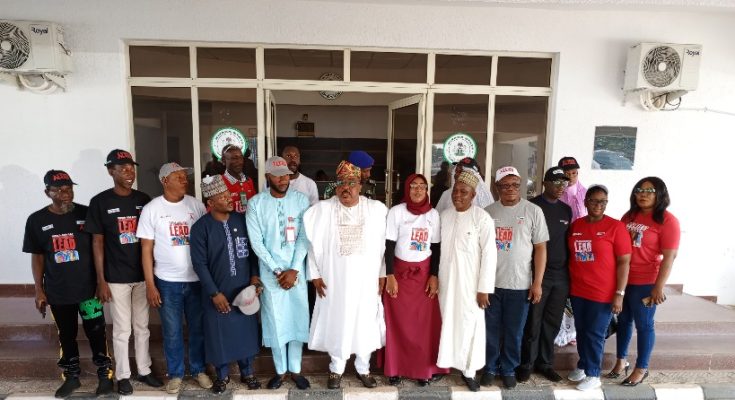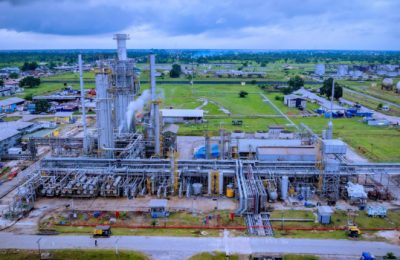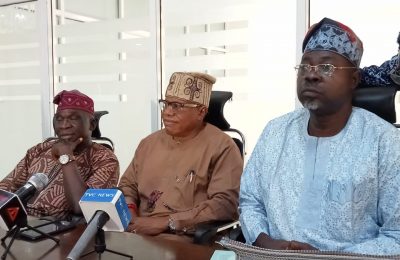The Kwara State deputy governor, Mr. Kayode Alabi, has disclosed that the state is among the low HIV burden states in Nigeria with a prevalence of one per cent.
The deputy governor, who is also the chairman, Kwara State AIDS Control Agency (KWASACA), told journalists in Ilorin on Thursday at an event to commemorate World AIDS Day, adding that around 33,000 persons are estimated to be living with the virus in the state.
Talking on the theme of the 2023 World AIDS Day, “Let Communities Lead”, Mr. Alabi said that the theme is a call to all and sundry in Nigeria and especially within the Kwara State HIV Response structure to re-strategize, to end HIV by the year 2030.

“This target is achievable if we engage the communities that matter most. We have come to the realisation that it is more expensive for us as a state to allow the HIV epidemic to fester for much longer, as it has proved more burden to our health system.
“Therefore, it is necessary for us to include in leadership, the people that understand how and where the shoes hurt. Utilising this fundamental principle of inclusivity means increased engagement of People Living with HIV (PLHIVs), the key population communities, adolescents, young persons, and women to take lead in this fight”, he said.
Alabi, who said that the peculiarity of some terrains in the state, with many hard-to-reach areas, had made it a herculean-but-not-impossible task to achieve the UNAIDS 95-95-95 targets in the state, added that, “In reality, the task is like seeking a needle among hay stacks, nonetheless, we cannot afford to give up the fight now”, he said.
The chairman KWASACA, who said that the state government had not relented in efforts to tame the scourge of HIV in the state, however, said that the government is burdened by multiple competing adversities.

He said that facing the adversities had affected the ability to adequately provide funds required to respond to HIV.
“These adversities range from impact of COVID-19 and other emerging epidemics which have skewed logistics and supply chain interactions around the world; old feud between countries, state sanctions, emerging conflicts and wars that have affected global trade, global food shortage and energy crisis.
“Locally, we have been impacted by fuel subsidy removal that has tripled transportation costs, brain drain which has led to unprecedented poaching of our health professionals thereby creating human resource gaps, persistent rise in cost of goods and service etc. The attending effects of these adversities on governance and the impact on daily lives of citizens and residents of Kwara are inestimable.
“The problems, however, should not serve as avenues for excuse, rather they should be sources of inspiration for us to harness our ingenuity and reiterate capability to fight HIV/AIDS till we achieve its epidemic control.
Also speaking, the executive secretary, KWASACA, Dr. Alabi Seleem, said that weeklong activities to commemorate the 2023 World AIDS Day include awareness walk, religious outreach among collaborating religious houses to create awareness and dissemination of messages and testing across selected religious houses in the state.
“Also included was testing among targeted special communities such as commercial sex workers, PLHIVs, people who inject drugs, men who sleep with men, because we’re aware that prevalence among the groups is abysmally high and way above the general population prevalence.
“We also have an awareness sensitization programme among adolescent groups in selected secondary schools as well as a symposium on technical deliberation on HIV/AIDS among technical partners as well as local governments where they would give feedback on their activities and challenges encountered”.
The highlight of the commemoration was the commissioning of the Youth Friendly Centre located at the Children Specialist Hospital, Centre Igboro, Ilorin, donated by some of the implementing partners, CCCRN and USAID.
READ ALSO FROM NIGERIAN TRIBUNE







